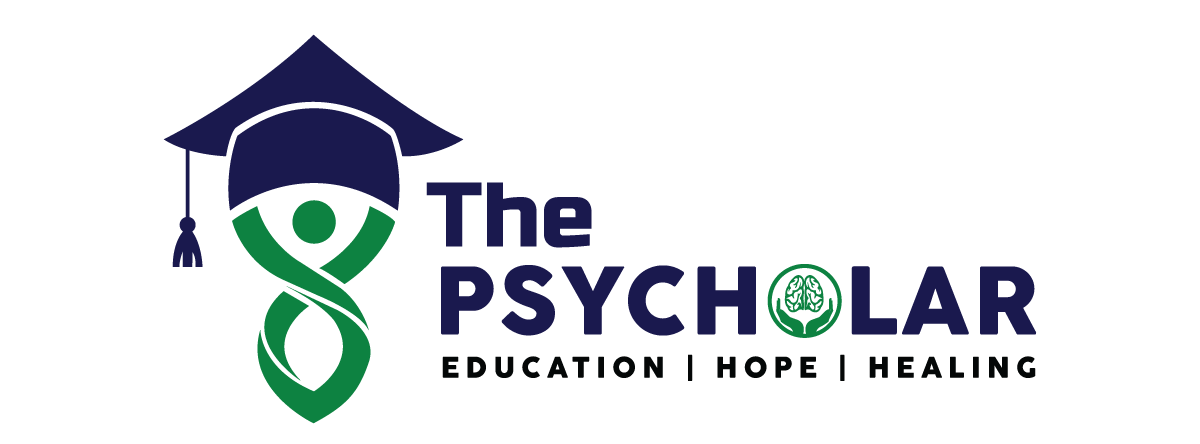Tagged: trance
- This topic has 1 reply, 2 voices, and was last updated 1 years, 6 months ago by
 Maham Tariq.
Maham Tariq.
-
AuthorPosts
-
August 23, 2024 at 8:39 am #7335
 Qazi AbdullahParticipant
Qazi AbdullahParticipantIt is important to verify these minimial cues so that it would be easy to differentiate between the state of sleep and trance as many individuals suffering with sleep based pathologies such as hypersomnolence may have an extremely irregular cycle of sleep.
So,
1) Eye fixation: You will observe stillness of eyes and cataplexy (with open eyes). Individual will be in deep state of relaxation which is different then NREM, REM transition we experience in sleep.
2)Pupil dilation is the sign of relaxation, by literature it is also an aroused state or give insights of attention . So it can be indicator that an individual attention is at some specific spot.
3)Change in blink reflex: Subject blink reflect slows down as the process deepen up. By literature heightened stress can cause eyes to blink more so conversely here it is greater relaxation. Indirect suggestions can compare/associate this process with eyes becoming heavy etc so that they can close their eyes further on.
4) In case of visualisation, the REM phase similar to sleep is seen because of similar imagery as compared to dreams but this time with the aid of suggestions. So fluttering eye lids are also seen as a result
5) Stress is represented by certain non verbal gestures such as tightning of jaw but here an individual began to relax and thus beauty is enhanced with relaxed facial features.
6)Slowing breathing rate is an indicator of constant state of relaxation and thus here it is task of therapist to utalize this process at deepening of the induction but stop them going to sleep . They can connect certain concepts such as calm ocean waves with the breathing rate metaphorically.
7) Reduction of swallon reflex as anxiety impose certain somatic symtoms such as mouth dryness. So usually anxious individuals have greater swallom reflex but here in deep relaxation you see reduction in it.
8) Body immobility: It lets them to stay at the comfortable position and to stay at it with ease. As continuous fidgeting is conversely seen in the state of anxiety.August 23, 2024 at 6:53 pm #7357 Maham TariqParticipant
Maham TariqParticipantA change in body sensations, such as feeling heavier or lighter
Pupil dilation.
A sense of inner connection and relaxation.
A change in mental state, such as feeling more focused or calm
Increased suggestibility, which can indicate a heightened state of trance.
A sense of disconnection from the external world. -
AuthorPosts
- The forum ‘Trance Indicators’ is closed to new topics and replies.

